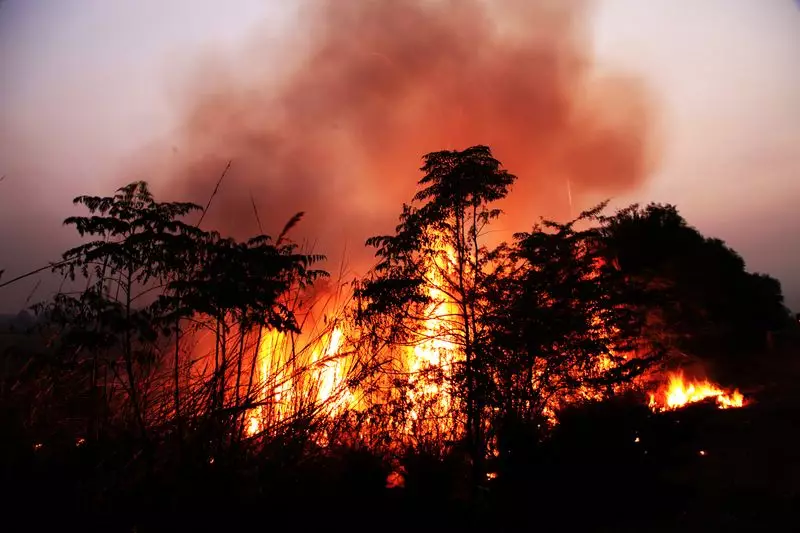
A startling new United Nations report has exposed the escalating crisis facing Northern Hemisphere forests, with climate change driving unprecedented wildfire activity and temperature surges that threaten to permanently alter these vital ecosystems.
The Burning Reality: Forests Under Siege
According to the comprehensive UN assessment, forests across the Northern Hemisphere are experiencing a dramatic increase in both the frequency and intensity of wildfires. This alarming trend is directly linked to rising global temperatures and changing precipitation patterns, creating ideal conditions for fires to ignite and spread rapidly.
Climate Change: The Primary Catalyst
The report identifies climate change as the dominant force behind this environmental emergency. Longer, hotter dry seasons combined with reduced soil moisture have transformed many forest areas into tinderboxes waiting for a single spark. Scientists note that what were once considered extreme fire seasons are now becoming the new normal.
Ecological Domino Effect
The consequences extend far beyond the immediate destruction caused by flames. The UN assessment highlights several critical impacts:
- Biodiversity loss: Countless plant and animal species face habitat destruction
- Carbon release: Forests that once absorbed carbon are now emitting it
- Soil degradation: Fire damage compromises soil quality and watershed protection
- Air quality crisis: Smoke from massive fires affects millions of people
Regional Hotspots and Vulnerable Ecosystems
The report specifically identifies several high-risk regions, including boreal forests in Canada and Russia, Mediterranean woodlands, and temperate forests across North America and Europe. These areas are experiencing fire seasons that start earlier, last longer, and burn more intensely than historical records indicate.
The Human Cost
Beyond environmental damage, the UN emphasizes the significant human impact. Communities near forested areas face increased health risks from smoke inhalation, property damage, economic losses in forestry and tourism sectors, and in extreme cases, loss of life.
Urgent Call to Action
The UN report concludes with a stark warning and urgent recommendations for global cooperation. Key priorities include:
- Enhanced international collaboration on forest management
- Increased investment in fire prevention and early warning systems
- Accelerated climate change mitigation efforts
- Development of community-based fire management programs
- Restoration of damaged forest ecosystems
The time for action is now, the report emphasizes, as the window to prevent irreversible damage to these critical ecosystems rapidly closes. Northern Hemisphere forests, long considered the planet's green lungs, are sending a distress signal that demands immediate global response.





